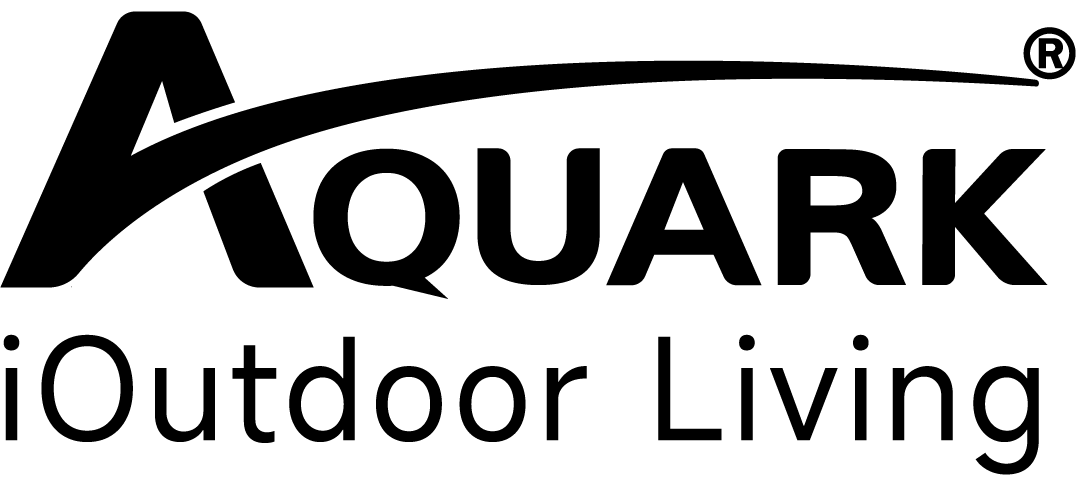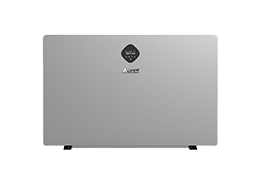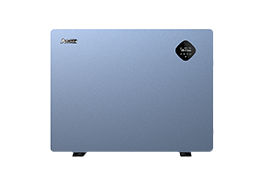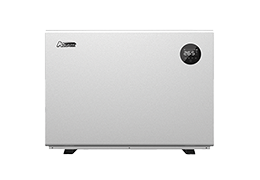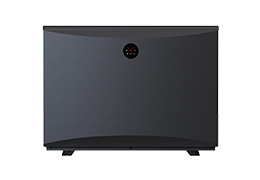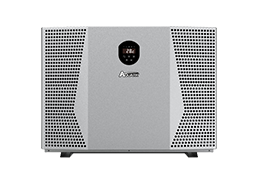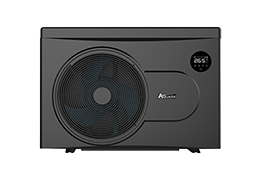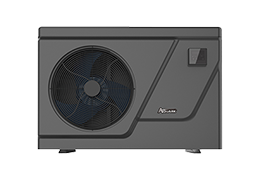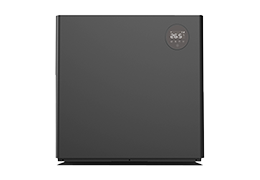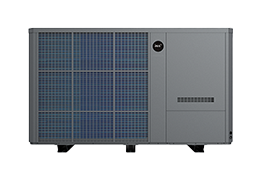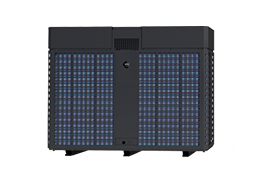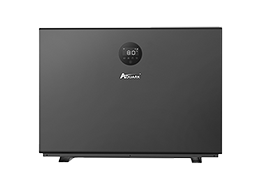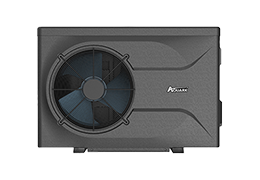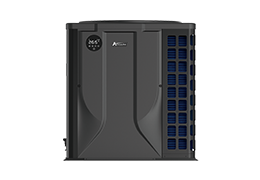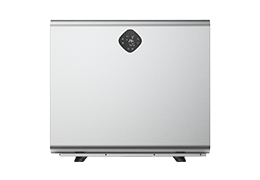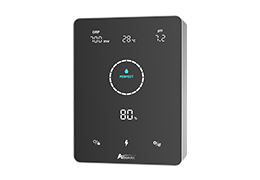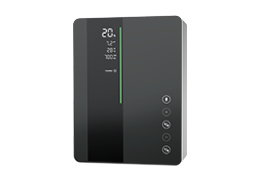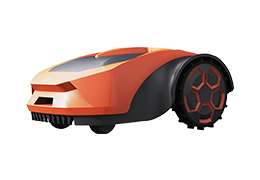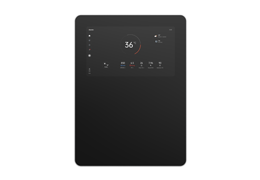Pool Heat Pumps
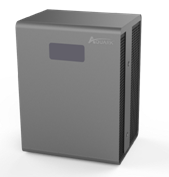
Advantage
• Environmentally friendly (0 harmful C02 emissions | Uses R410/R32 refrigerant)
• Highly energy efficient
• Low installation and operation cost
Disadvantage
• Performance limited by external temperature
• Slower initial heating time (typically 12-48 hours)
• Requires dedicated electrical breaker
Gas Heaters
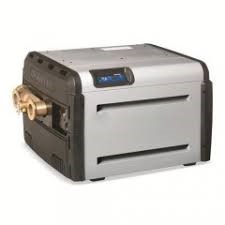
Advantage
• Fast heating
• Performance unaffected by external temperature or weather
• Quick initial heating time
Disadvantage
• Requires installation of dedicated gas line
• High operation cost (gas is expensive)
• Better for small pools and spas, or as a backup heater
Solar Pool Heaters
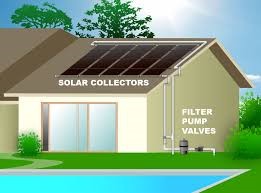
Advantages
• As long as the sun is shining, solar heaters can generate heat for your water
• With no harmful emissions, solar heaters are also an eco-friendly pool heating option
• Once installed, they’re fairly low maintenance
• They only require the power of your pool pump
Disadvantages
• Without the sun, solar heaters do not work at all
• Of all pool heater types, solar heaters have the slowest heating time
• As photovoltaic heaters, they can only use the heat that they’ve harvested until it’s gone (then they have to recharge). Therefore, solar pool heaters cannot provide consistent heat on demand like other pool heaters
• Solar pool heaters are typically unattractive in design and difficult to relocate
Which is better for heating a pool, pool heat pumps or gas heaters?
Absolutely, you just need to decide which pool heating solution is better for your situation. Consider everything, from your monthly pool heating budget and location to the size of your pool and how often you use it.
